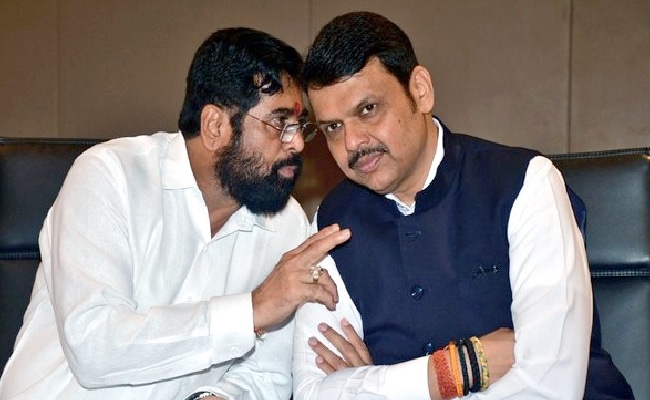
The Maharashtra Assembly today unanimously passed the Maratha Reservation Bill, a legislation that will grant a 10 per cent reservation for the Maratha community in both education and government jobs. The Maharashtra State Socially and Educationally Backward Bill 2024, once enacted, will undergo a thorough review after a decade of implementation.
The decision follows a comprehensive report submitted by the Maharashtra State Backward Class Commission, based on a survey covering nearly 2.5 crore families. This survey meticulously explores the social, economic, and educational backwardness faced by the Maratha community in the state.
According to the report, the Maratha community constitutes a significant 28 per cent of Maharashtra’s population. “The survey has been conducted on nearly 2-2.5 crore people. On February 20, we have called a special session of the assembly after which Maratha reservation will be given according to the law,” said Maharashtra Chief Minister Eknath Shinde.
The primary objective of the new legislation is to address the economic struggles experienced by the Maratha community. The survey reveals that 21.22 per cent of Maratha families are below the poverty line, exceeding the state’s average of 17.4 per cent. Additionally, 84 per cent of Maratha families do not fall under the ‘progressed’ category, making them eligible for reservation as outlined in the bill.
The survey also indicates that 94 per cent of farmer suicides in Maharashtra involve Maratha families.
Historically, attempts by state governments to introduce reservations for Marathas have faced legal challenges, with previous efforts being struck down by courts. However, the persistence of protests and the political significance of the Maratha community have led to repeated revivals of this sensitive issue, given that the community constitutes a significant portion of Maharashtra’s population.




